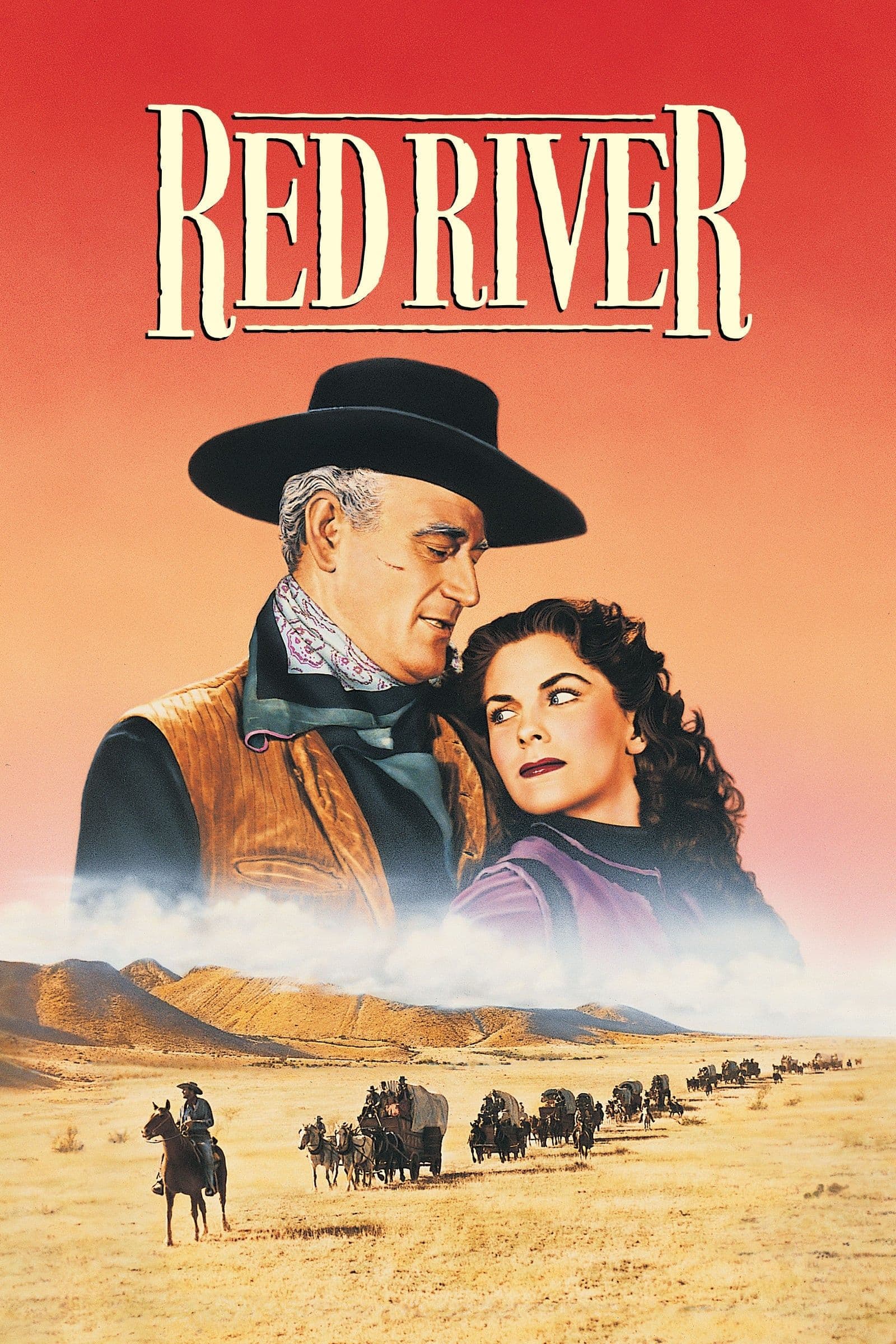
Red River
1948
Rate this movie
Average: 0.00 / 5
(0 votes)
Director
This Hawks film (assisted in the direction by western veteran Arthur Rosson, in his last film) is a masterpiece of biblical proportions: whether for the challenging set that saw the deployment of a herd of eight thousand head of cattle following the protagonists' efforts to transport them far and wide across an unexplored and hostile America, or for the epic dimensions of a story with psychological implications unusual for post-war Hollywood, concerned with a clear-cut, Manichean division between good and evil. Hawks does not shoot a simple western, but a profane Exodus, with Tom Dunson in the role of a tyrannical and inflexible Moses who leads his people of cowboys and their cattle to the promised land of the Missouri market. The resulting images, with their vastness and scope, are not mere documentation, but have the visual power of the great canvases of the Hudson River School, capable of capturing both the sublime majesty of the American landscape and its intrinsic, deadly danger. In this sense, the film is a profound reflection on the post-war American ethos, an epic that celebrates “manifest destiny” and the iron will of the pioneers, but which, for the first time with such complexity, questions its moral and human cost.
The film's narrative is based on the journey undertaken by two ranchers, Tom Dunson and his 20-year-old godson, Matt Garth, to drive a herd of cattle to Missouri. This is not just a geographical journey, but a veritable Oedipal drama on horseback, a Greek tragedy played out under the scorching Texas sun. The journey will be fraught with pitfalls, the fiercest of which will be the Comanche ambushes. But the real enemy, the most fearsome antagonist, is Dunson's own rocky, unyielding psyche. He is a man forged by the frontier, a patriarch who has built an empire from nothing and now considers himself the law. Dunson is ruthless with those who abandon the enterprise, and his senseless ferocity, which culminates in an attempt to lynch two of his men, convinces his son to mutiny, abandoning him and taking command of the herd. This rebellion is not only an act of defiance, but a necessary and painful rite of succession. The clash between the two men, which simmers throughout the film until the final showdown, is a clash between two attitudes to life on the frontier, between two conceptions of the Wild West that inevitably collide: that of Dunson, the pioneer of conquest, who had to use violence to civilize chaos, and that of Matt, the man of the next generation, who must use community and pragmatism to build on the foundations laid by his father.
Wayne's performance is superb, in what is one of his most complex and iconic roles, forced to imbue the character, beyond his stubborn toughness, with a subtle lyrical streak, an underlying and ill-concealed love that shines through as an extraordinary key to understanding the entire film. But the real alchemy comes from the contrast with his co-star, a very young and magnetic Montgomery Clift. Their duel on screen echoed a real clash of titans off set: on the one hand, Wayne's monolithic, classic masculinity, old Hollywood; on the other, Clift's nervous, introspective sensitivity, a pioneer of the ‘Method Acting’ that would soon revolutionize cinema. It is from this friction that the film draws its electric energy. Clift's silent vulnerability forces the viewer to question Wayne's authority and see the cracks in his armor. Even the controversial ending, often criticized for its apparent hastiness, can be read in a purely “Hawksian” key: the intervention of Tess Millay (Joanne Dru), the classic strong and pragmatic woman of Hawks' cinema, who stops the deadly fight between the two men with gunshots, is not a deus ex machina, but the realization that the destructive and childish obsessions of men can only be resolved by a feminine intelligence that forces them to recognize the true nature of their bond. The Red River is, ultimately, more than a western: it is an American founding myth, an investigation into fatherhood, leadership, and the nature of civilization, whose echoes resonate throughout all cinema that followed.
Country
Gallery
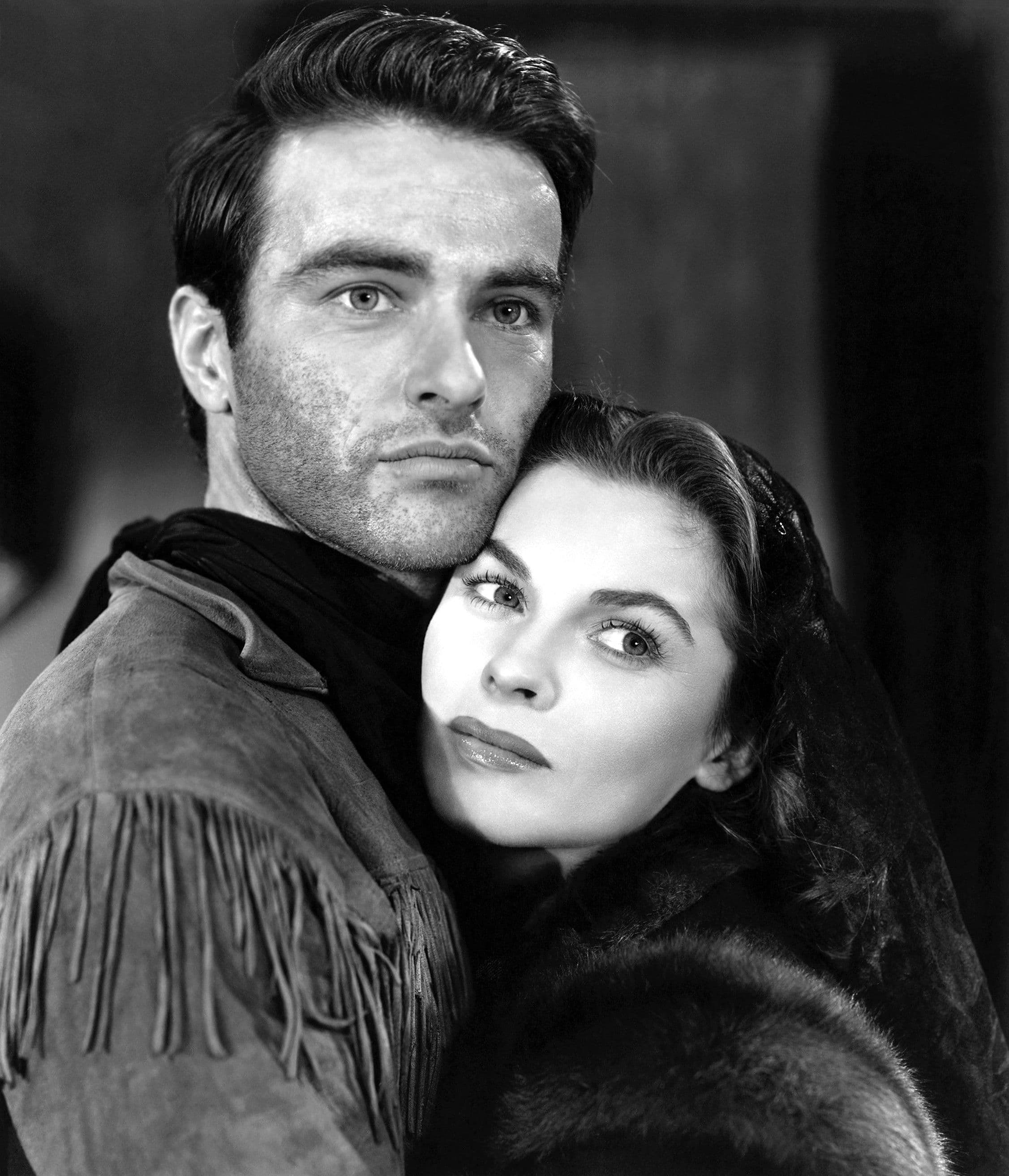
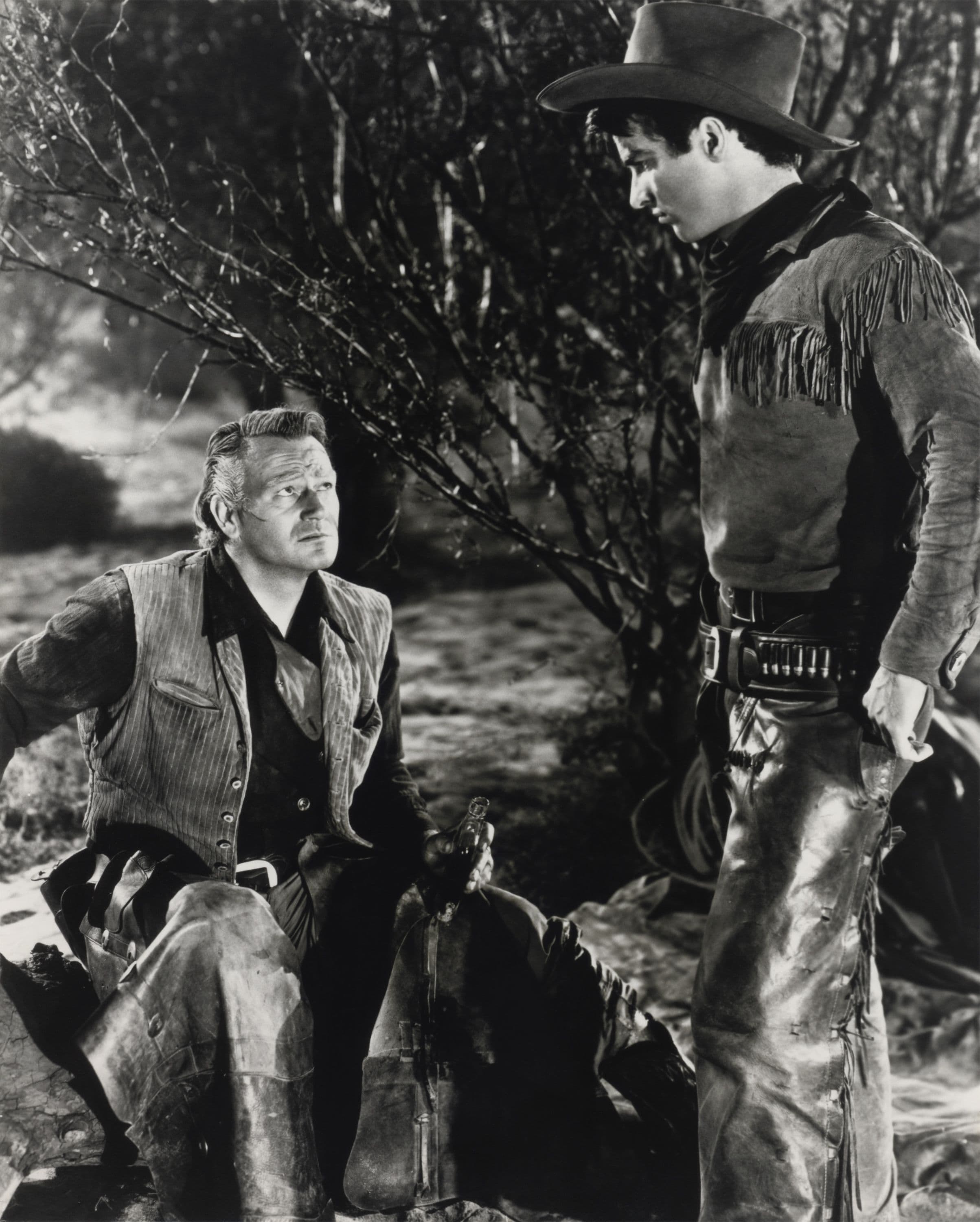
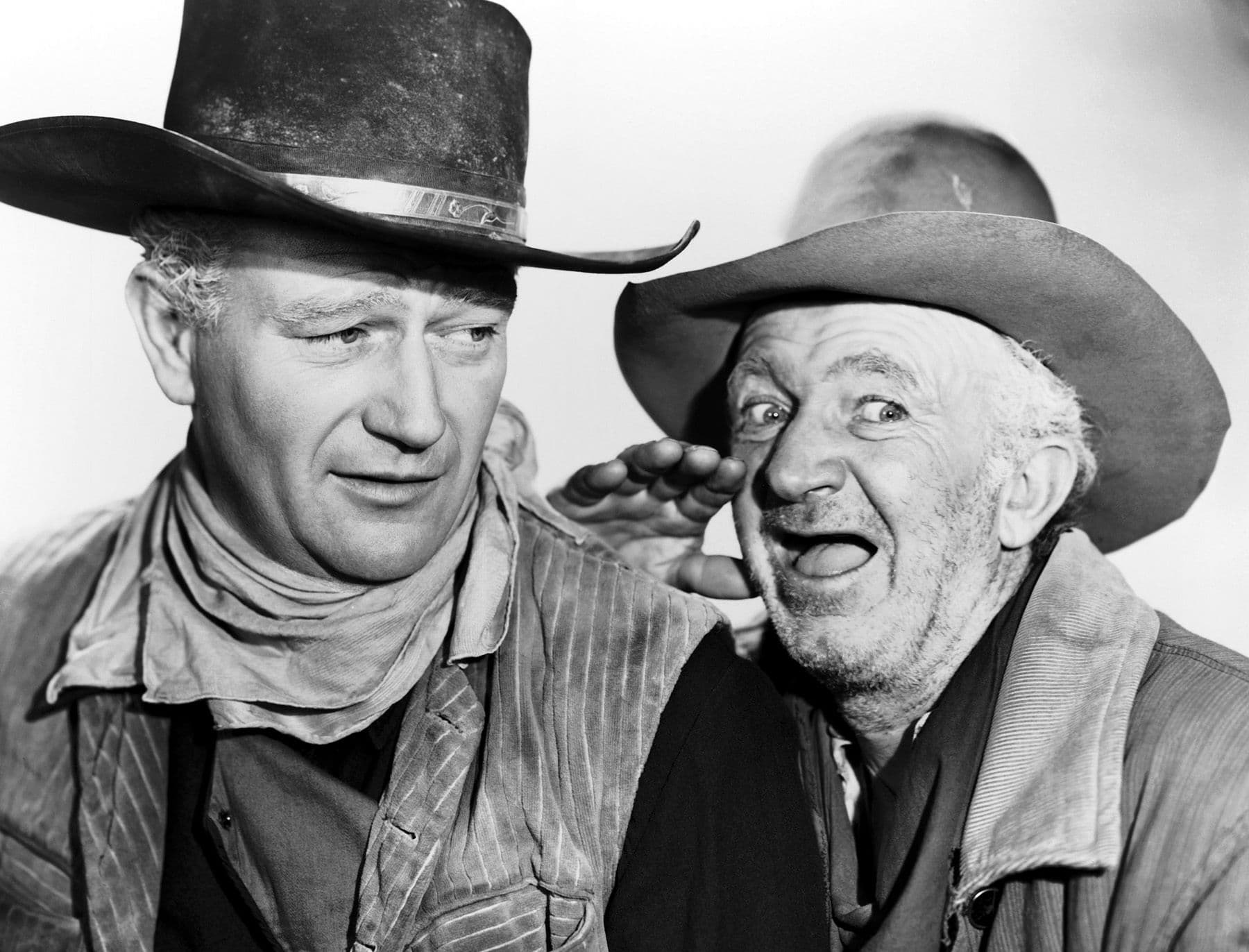
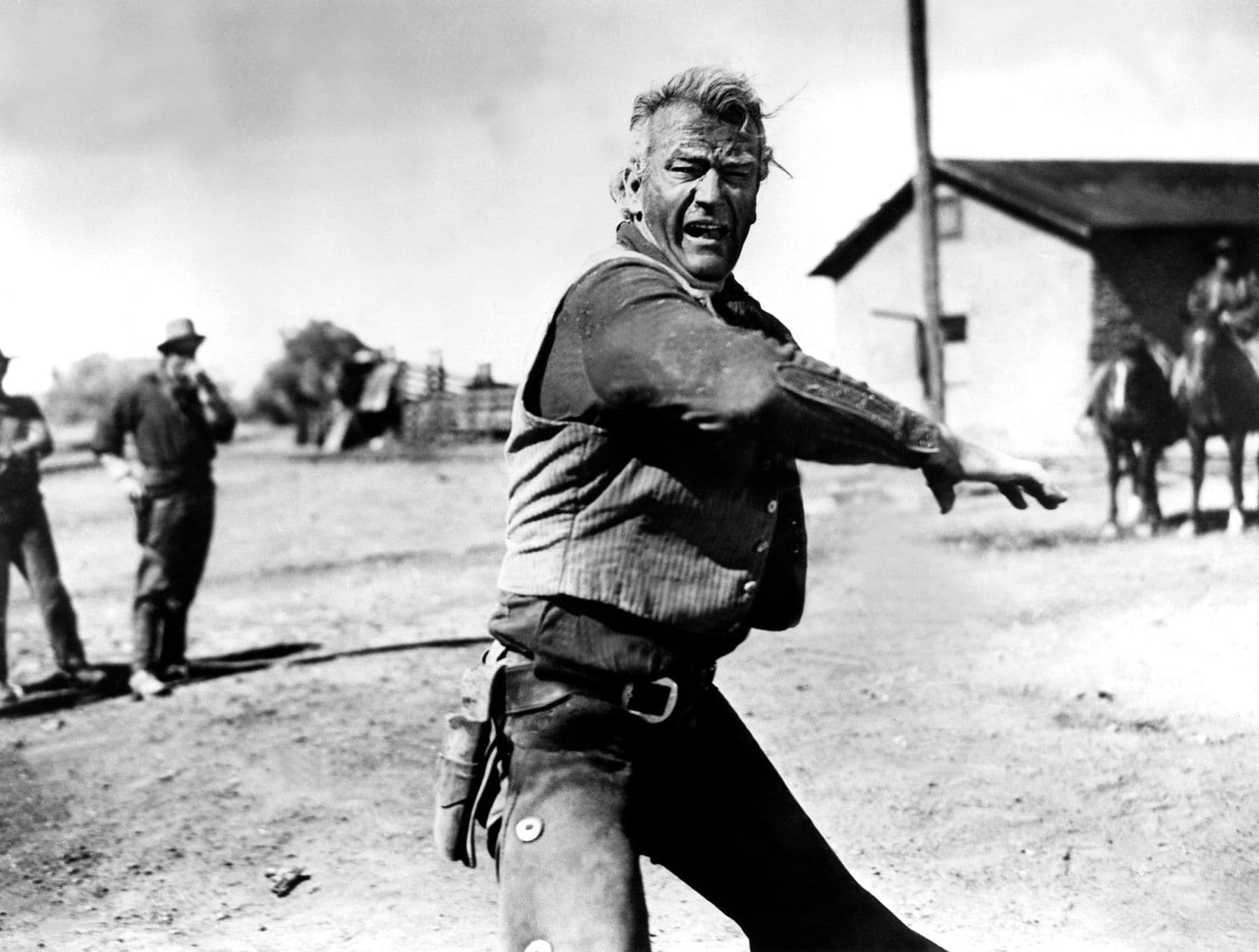
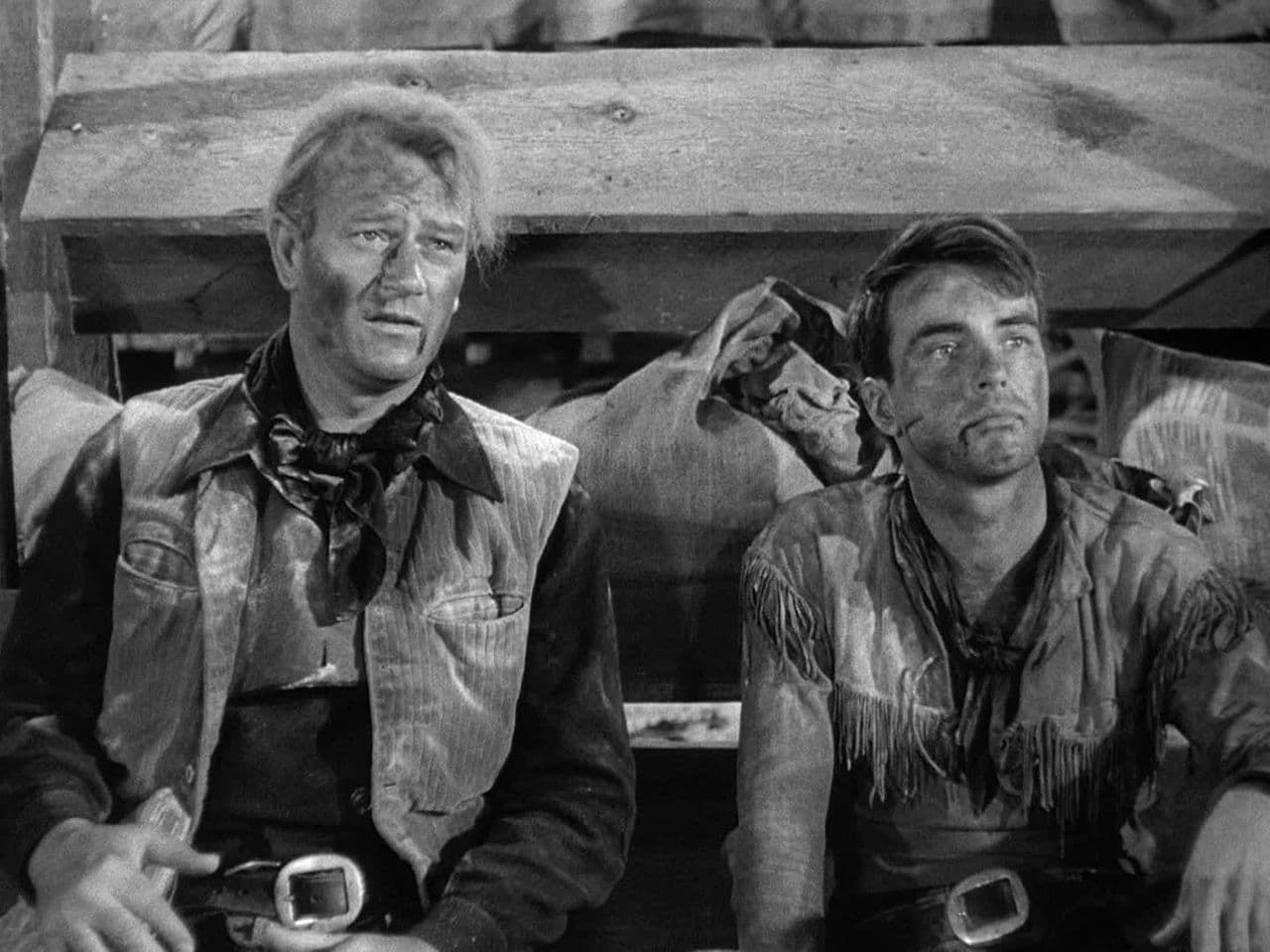
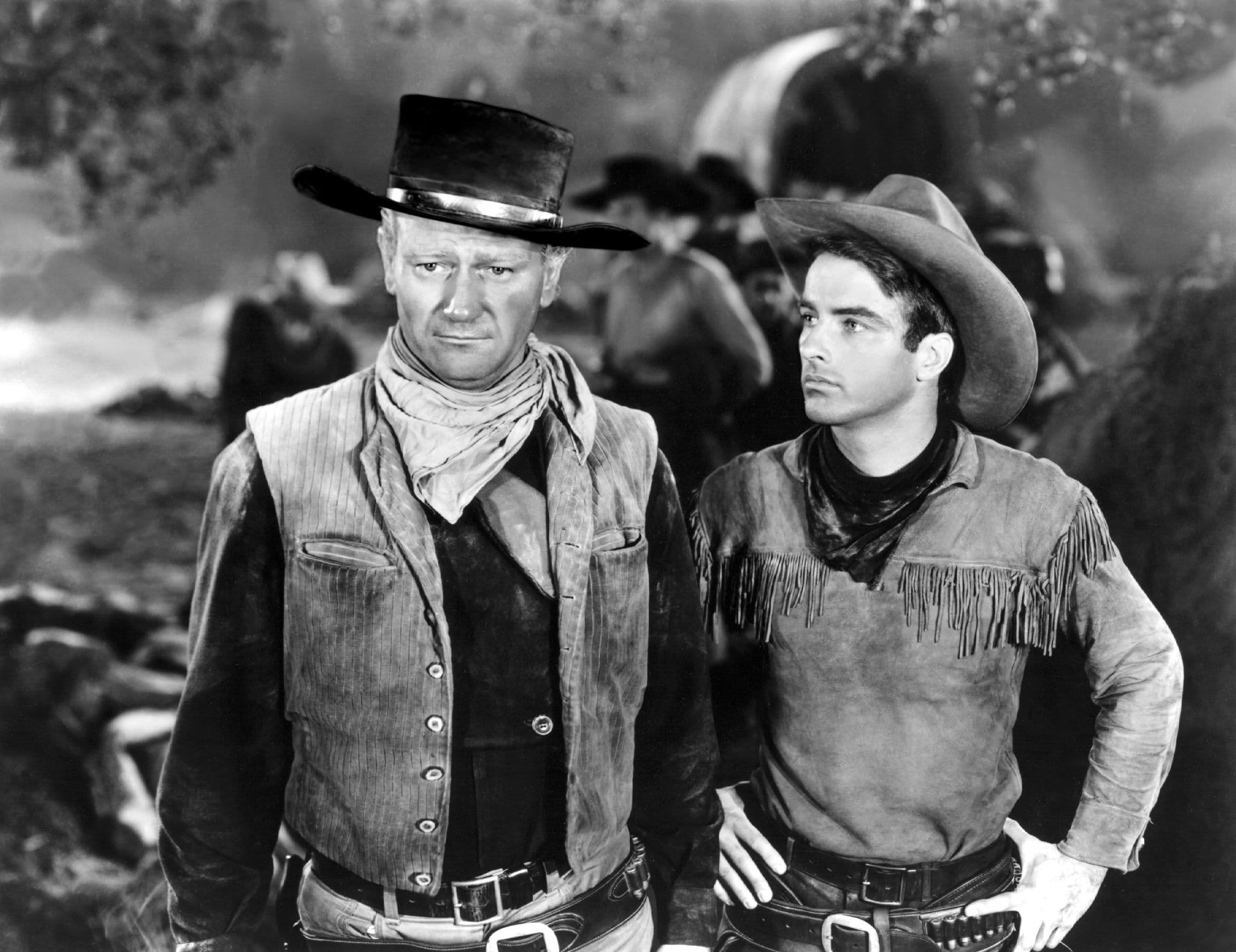
Featured Videos
Trailer
Comments
Loading comments...